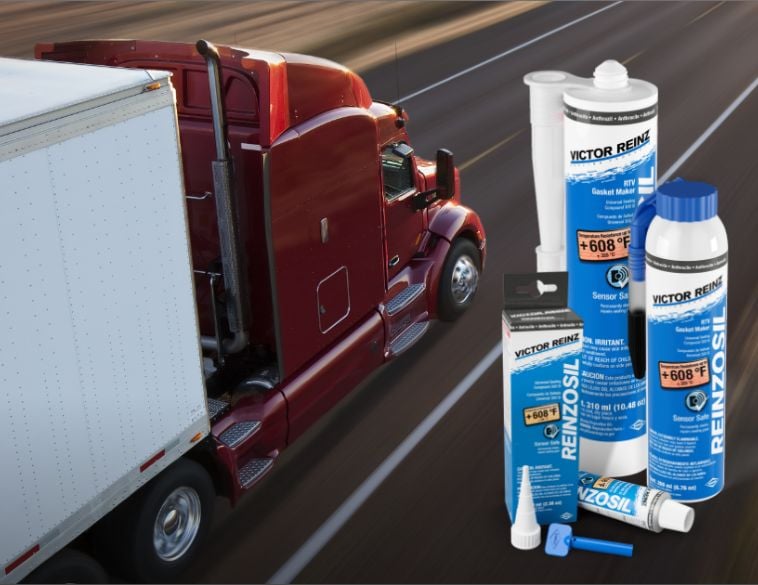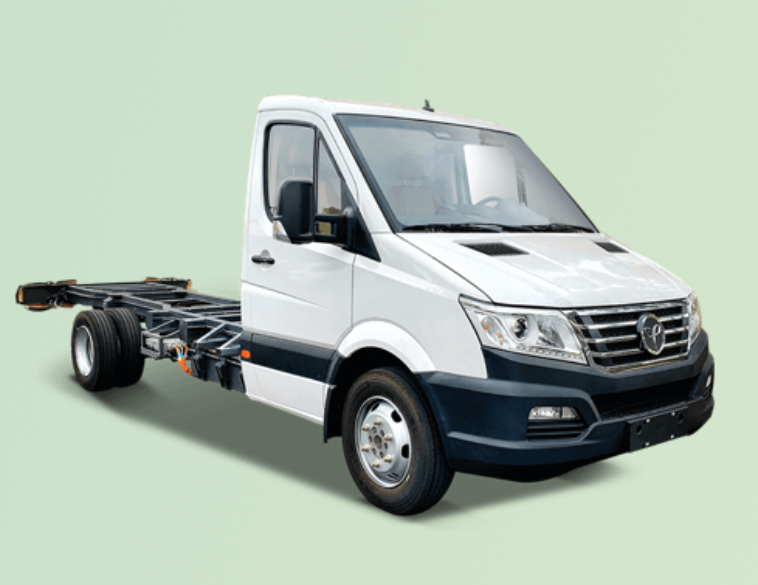One of the key pillars of risk prevention is insurance. Is your fleet properly covered?
Insurance coverage is a topic few of us enjoy bringing up in conversation.
One of life’s necessities, however, insurance policies are a must-have safety net when things go wrong.
They’re also complex and multi-layered, which means that deciding what’s right for your fleet requires the assistance of a professional who understands your business and your fleet’s risk exposure.
Liability is a key issue fleets need to address.
“As an individual, you can be okay with a million dollars in liability insurance,” explains Randy Roopchan, Supervisor Fleet Solutions Team, Foss National Leasing.
“But for a fleet, we always require 2 million dollars as standard liability coverage. Canada is just becoming as litigious as the U.S. and other parts of the world, so a million dollars doesn’t go very far anymore.”
Vanessa Barrasa, Manager, Media Relations, Insurance Bureau of Canada (IBC) agrees.
“Bodily injury claims costs and damage to property can be very expensive, so a high liability limit is required,” she explains.
Since insurance rules vary from province to province, it can be difficult for a fleet to determine which insurance options to consider.
“There are mandatory insurance requirements in each province and several optional coverages as well,” explains Barrasa.
The bottom line: Don’t assume you know what you’ll need.
Seek professional help and get the right advice for your fleet.
Lawsuits and legal trouble
Roopchan warns that lawsuits are a serious issue, and the IBC reminds Canadians: If you are sued for more than the liability limit in your auto insurance policy, the balance of the settlement would be paid out of your pocket.
“One of the biggest issues is injury claims,” Roopchan says.
“You might just tap somebody in the back, and two months later, or even two years later, you get a statement of claim from the other party suing you for injuries.
“That’s my experience from working in the insurance field—you see accidents with no damage or minimal damage, but then you have these massive injury claims.”
That’s why Roopchan stresses the importance of a minimum $2 million liability policy.
“Large companies will even have $5 million in liability,” he says.
“They’ll have umbrella policies. So they’ll have maybe a standard $2 million policy and an umbrella policy for up to $5 million. There are different layers of insurance.”
Comprehensive coverage
Beyond liability insurance, fleets may decide to either self-insure for any damage to their vehicles.
Or, they may decide to invest in some kind of comprehensive coverage.
The Insurance Bureau of Canada offers a thorough explanation of what comprehensive coverage will actually cover: “It insures against loss or damage to your car resulting from miscellaneous causes including fire, theft, windstorm, hail, rising water, malicious mischief, riot or civil commotion, explosion, earthquake, falling or flying objects, vandalism, etc.”
Roopchan recalls one of these “falling or flying objects” incidents. “Look at Calgary,” he says.
“They just had a hailstorm. If you didn’t have any comprehensive coverage, you were on your own. If you had 20 fleet vehicles sitting in a lot, and each one suffered $4,000 in damage, that’s a lot of money.”
Things can add up quickly, which is why each fleet must decide if they’re willing to stick their own financial necks out, or if they prefer to pay for a bit of peace of mind.
“It all depends on what the fleet can absorb,” Roopchan explains.
“Some will prefer to be self-insured for physical damage, and they’ll take care of the costs themselves.”
Other fleets may decide to purchase insurance coverage, which can help, especially when an aggressive weather system damages vehicles by the tens or hundreds.
Beyond the basics
Once a fleet has covered all the basic insurance requirements, they’ll have to consider what else might be necessary.
Here again, the advice of an expert in the field is a must.
For example, “if your commercial operation is delivering non-owned goods, you will require cargo insurance,” IBC’s Barrasa explains.
And if your fleet includes electric vehicles, “the cost of repairs to an electric vehicle can be very expensive, so ensure you consider optional physical damage coverage,” she adds.
Finally, when discussing your insurance needs with your provider, be sure to fully explain your needs, as well as the scope of your business operations, to avoid problems down the road.
“Full disclosure to your insurance rep as to where your business is based out of, and where the vehicle will be travelling to, is necessary to ensure proper coverage,” Barrasa concludes.



